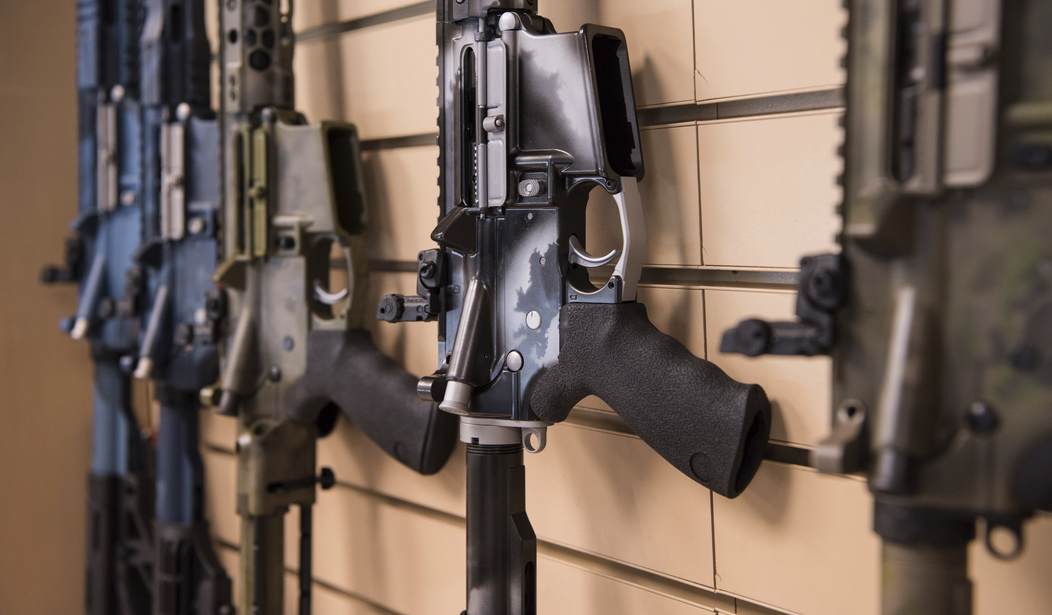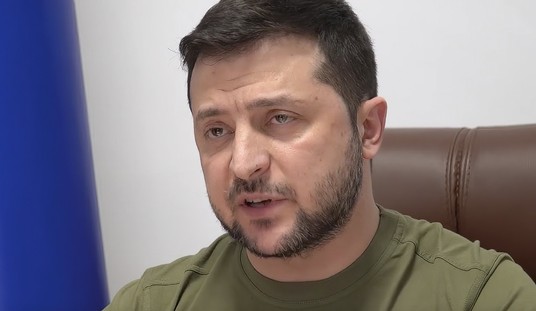One of the biggest problems I have with the world is the fact that there are no mainstream conduits for information that haven't been thoroughly corrupted. There are no real trustworthy sources anymore in the avenues we used to trust. Film, television, academia, print media, and so on are all firmly in leftist hands.
And that's a problem when an academic tries to use psychobabble to push the anti-gun narrative.
That's precisely what I encountered when I got an email with a link to a piece from Psychology Today. Usually, if I see a link to that particular publication, I know we're going to get some terrible takes, but this one is...special:
America’s relationship with firearms has mutated into a paradox. What began as a practical right tied to hunting and self-defense has metastasized into a near-religious reverence, transforming firearms into sacred objects. For many, guns are no longer tools—they are symbols of identity, power, and defiance. While this cultural fixation has fostered community among gun owners, it has also exacerbated the nation’s inability to address the epidemic of gun violence. Reimagining this relationship is not merely an ideal—it is a necessity.
In contemporary America, guns are more than objects. They are badges of liberty, resistance, and power. This shift has been fueled by political rhetoric, cultural narratives, and media representation. For many, owning a firearm is a declaration of values, a statement that screams: “I am free. I am powerful.”
This glorification is not without consequence. Attackers such as <three killers' names redacted so as to not give them any more fame> transformed their firearms into ideological megaphones. <The first killer>, an Australian white supremacist, carried out a meticulously planned attack on March 15, 2019, targeting two mosques in Christchurch, New Zealand. He live-streamed his massacre, killing 51 worshippers and injuring 40 more during Friday prayers. His weapons were covered with inscriptions referencing historical battles and white nationalist slogans, aligning his mass killing with a fabricated narrative of racial preservation.
Similarly, <the second killer> targeted a predominantly Black neighborhood in Buffalo, New York, on May 14, 2022, driving over 200 miles to carry out his attack. At the Tops Friendly Markets grocery store, he killed 10 Black individuals and injured three others while live-streaming his assault. His rifle bore hateful inscriptions, including “Here’s your reparations,” signifying his alignment with racist ideologies and the “Great Replacement” conspiracy theory, which he articulated in a manifesto published online.
Yes, let's cite terrible people doing terrible things to justify attacking the gun culture of the United States. Terrible people doing terrible things isn't a sign of anything beyond some people being terrible. It's definitely not a sign that we're somehow holding guns up as sacred objects or any such nonsense.
Now, in fairness, the author does take issue with gun ban rhetoric. He instead tries to focus on what he sees as a link between guns and identity.
Recommended
That's great except for the fact that no such link exists. Yes, people view their guns as symbols, but that's true of literally anything that people want to take from you or that people in other countries are denied. We see our guns as symbols of our freedom, and those who value that freedom often own them.
But that's not the result of something being broken in our collective psyches. It's the result of people trying to take them away.
No one views them as sacred, though. What we view as sacred is our God-given right to keep and bear arms.
See, the problem here is that our intrepid psychologist is trying to describe the psychology of something, but he's clearly doing it based on a caricature of what gun owners actually are like.
No amount of psychobabble will make what he said anything but babble. It's nonsense based on biases and what the mainstream media might report.

























